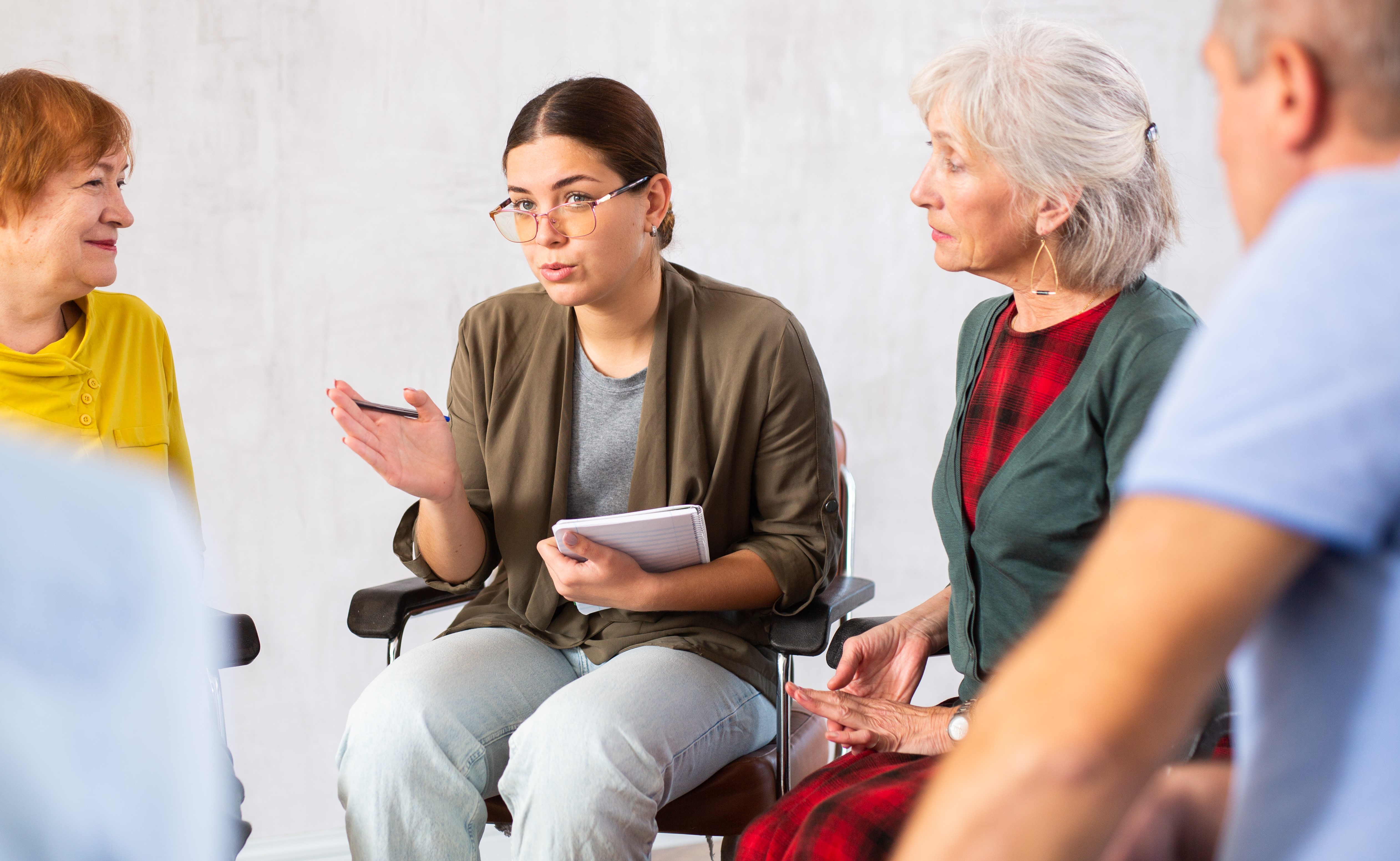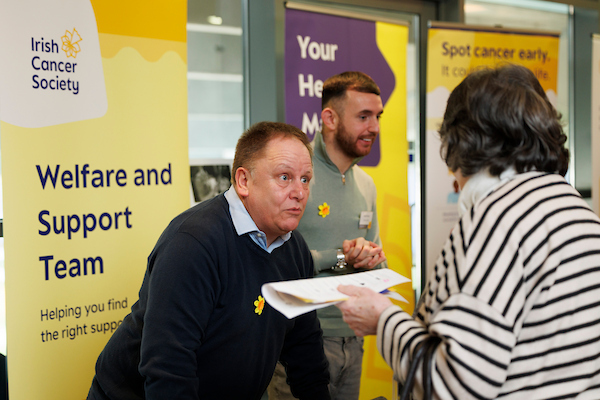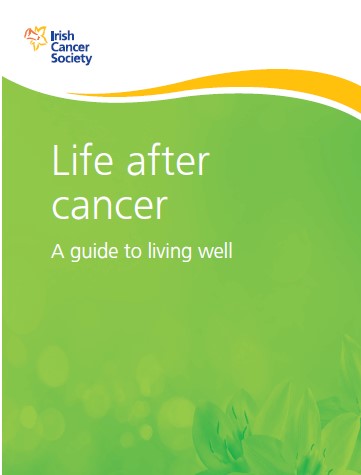Stomach cancer
After treatment
What follow-up do I need?
After your cancer treatment has ended, you will still need regular appointments with your cancer specialist. This is called follow-up. Follow-up may involve having blood tests and scans.
Your doctor will discuss your follow-up plan with you. You may want to see the dietitian as well. If you have a follow-up appointment coming up, contact the dietitian to see if you can see them the same day.
Make sure you understand your follow-up plan and have a phone number to contact if you have any queries.
Ask any questions you have, and to let your doctor know if you are having any problems. Tell them about any new symptoms, aches or pains you have, or if you are finding it hard to cope. It can help to write down what you want to say beforehand, so you don’t forget anything.
If you are between check-ups and have a symptom or problem that is worrying you, call your specialist nurse for advice or to arrange an earlier outpatient appointment if necessary.
If you become suddenly unwell and can’t contact your specialist nurse or hospital team, go to your GP or the emergency department at the hospital.
Why follow-up is important
It’s important to go to your follow-up appointments so your doctor can check for signs of the cancer coming back (recurrence) and help with any side-effects that you may have. They can also check for new side-effects that may develop after you have finished treatment. It is best to be aware of these as early as possible so that suitable treatment can be given.
Life after treatment
The end of treatment is a time when people often expect to feel relieved, happy and able to get on with life again, but it can take some time to adjust and for your body and mind to recover.
We have information to help you with:
- Side-effects
- Your feelings after treatment
- Living a healthy lifestyle
- Financial and practical matters
LACES after-treatment workshop

Join our Life and Cancer – Enhancing Survivorship (LACES) programme when you have finished treatment or started maintenance therapy.
This workshop covers topics such as diet, exercise, wellbeing, finance and self-management and gives information on support and services to help you.
What if the cancer comes back?
Sometimes cancer does come back, even after successful treatment. Cancer cells may remain in your body and grow again, although your doctors do all they can to prevent this.
If the cancer comes back (recurrent cancer) you may have more surgery or other treatments like chemotherapy or radiotherapy, depending on where the cancer is and your general health. There may also be treatments you can have as part of a clinical trial.
Your doctor will advise you on what’s best in your situation. You might also find it reassuring to have another medical opinion. Your doctor will refer you to another specialist for a second opinion if you feel this would be helpful.



Talk to a Cancer Nurse

Support Line
Our Daffodil Centres


